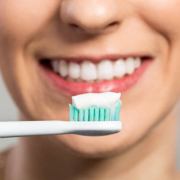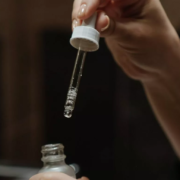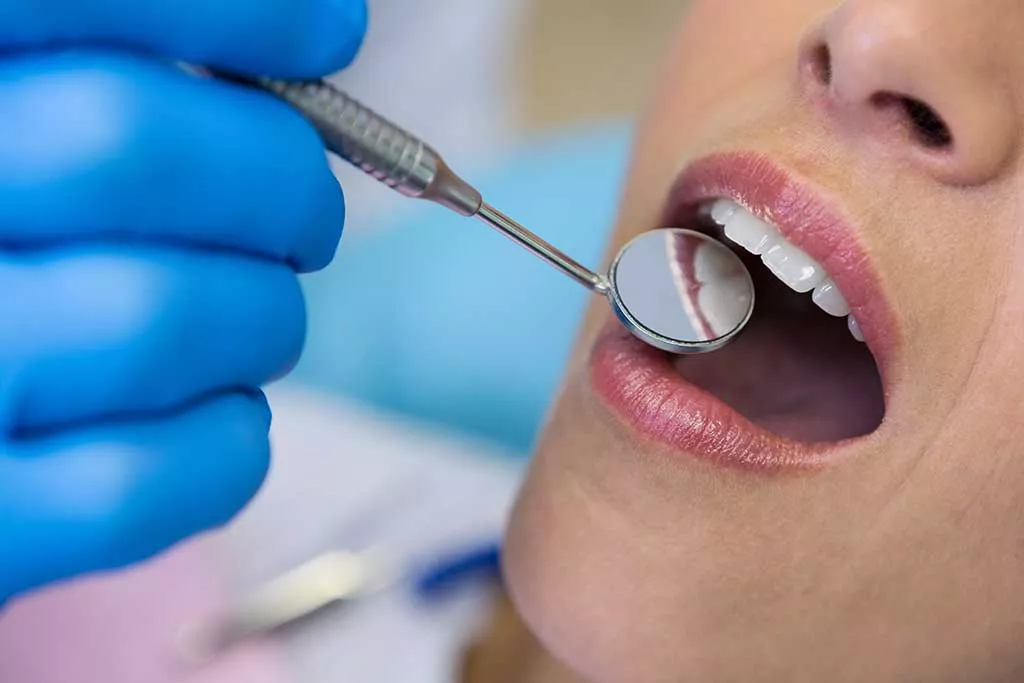Skipping Your Nighttime Toothbrushing? It Might Be Putting Your Heart at Risk
In a groundbreaking study published in Scientific Reports, researchers from Osaka University Hospital have uncovered a startling link between our nighttime oral hygiene habits and the risk of developing cardiovascular diseases (CVDs). This study, encompassing over 1,600 participants, reveals how something as simple as brushing your teeth at night could be a game-changer for your heart health.
Background: A Deeper Look at Oral Care and Heart Health
We’ve long known that good oral hygiene is crucial for avoiding tooth decay and gum disease, but its connection to heart health has often been overlooked. Past research mostly focused on the timing of tooth brushing in relation to tooth health. This study, however, delves into how this daily habit might influence more serious systemic diseases, including CVDs.
Study Insights: The Nighttime Brushing and Heart Health Connection
Participants in the study, all visiting Osaka University Hospital for various reasons, were categorized into four groups based on their toothbrushing habits. Intriguingly, the study found that those who brushed twice daily, especially at night, had a markedly better cardiovascular health outlook.
The research team didn’t just count how many times participants brushed; they looked into the nitty-gritty of oral health, like periodontal pocket depth and tooth mobility, and correlated these with cardiovascular health markers. The results were clear: neglecting that nighttime brush could be more damaging to your heart than you thought.
A Surprising Lifestyle Factor: Nighttime Alcohol Consumption
An interesting aspect of the study was the lifestyle habits of participants. Many middle-aged and older individuals who skipped their nighttime brush often did so due to evening alcohol consumption, leading to tiredness and neglect of dental hygiene. This finding opens up a fascinating discussion on how our evening routines impact not just our oral health but our overall well-being.
Takeaway: Don’t Forget to Brush Before Bed!
The conclusion is clear and simple: while brushing in the morning is good, brushing at night is crucial. This study isn’t just about oral health; it’s a wake-up call about how small habits can have big impacts on our overall health. So tonight, before you turn off the lights, make a beeline for your toothbrush – your heart might thank you for it!
Reference for the Inquisitive Minds
Dive deeper into this study by checking out the original article: Isomura, E.T., Suna, S., Kurakami, H. et al. (2023). “Not brushing teeth at night may increase the risk of cardiovascular disease.” Scientific Reports, 13(10467). DOI:10.1038/s41598-023-37738-1.







